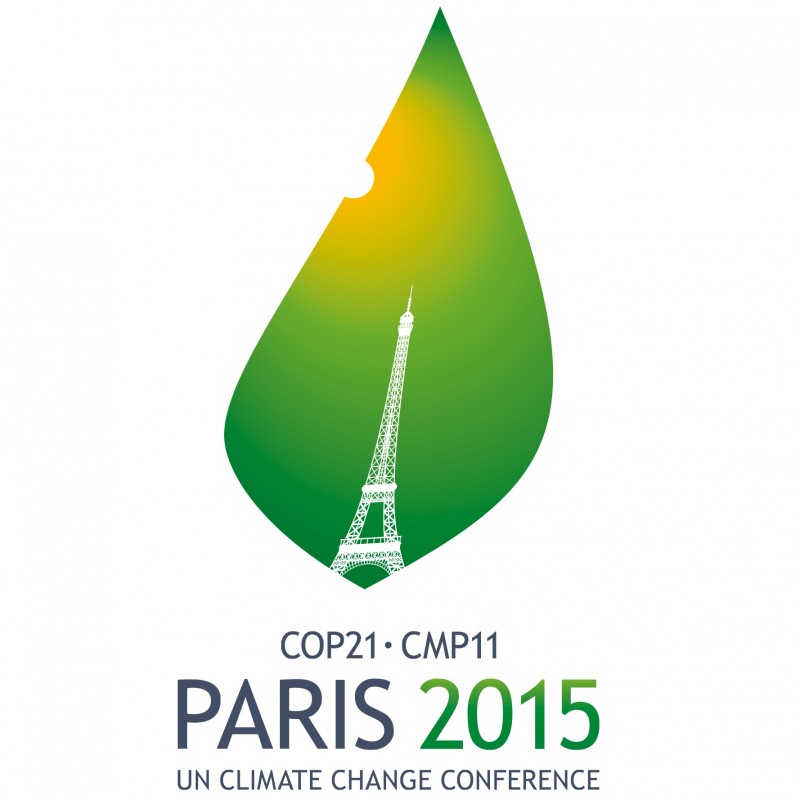
 From November 29th to December 11th, France hosts the 21st Conference of the Parties to the United Nations Framework Convention on Climate Change (COP21).
From November 29th to December 11th, France hosts the 21st Conference of the Parties to the United Nations Framework Convention on Climate Change (COP21).
COP21, or 2015 Paris Climate Conference, will bring together main actors at a global level: nations, businesses and organisations related with energy, innovation and environment.
The objective is to achieve a universal agreement on climate, with the aim of keeping global warming below 2°C.
Efficient Energy is one of the most discussed subjects at COP21, and dozens of actors have been actively joining the major conversations.
One good example comes from IRENA, the International Renewable Energy Agency, who published their second report REThinking Energy where they look at how the transition to renewables could help limit global warming.
The report points out that although solar and wind power will remain the leading technologies for renewable energy investment up until 2020, investment in less mature technologies – biomass, geothermal and tidal, wave and ocean energy – is expected to increase more rapidly, albeit starting from much lower levels.
“The energy sector accounts for more than two-thirds of global greenhouse gas emissions, and therefore must be the focus of climate action,” said Adnan Z. Amin, IRENA Director-General. “Transitioning rapidl y to a future fuelled by renewable energy, accompanied by increasing energy efficiency, is the most effective way to limit global temperature rise.
This transition is underway but it must be accelerated if we are to limit global temperature rise to two degrees Celsius.” The full report can be downloaded below.
Moreover, the European Comission considers Energy Efficiency a key dimension for attaining a promising future. In orded to "Make energy more secure, affordable and sustainable", the EU Commission based its strategy in 5 main areas:
- moderation of demand
- energy security and solidarity
- internal energy market
- decarbonisation
- innovation and competitiveness
That are nor perfect neither global solutions, it is the comprised effort of different approaches, from local to national levels, that could lead us to a real decrease of emissions.
BioEuParks is a good example on how we can change to a decarbonised heating system, by developing sustainable solid biomass supply chains. By working directly with the local actors, the project has been proving to bring benefits for the internal market, thus, enchancing competitiveness at a local scale. 5 parks in 5 different countries are implementing local solutions, that aimed to be replicable in other areas. For that, BioEuParks launched a comprehensive guide for the implementing a sustianable supply chain according to different contexts. The document can be downloaded here. Protected Areas do have a role in addressing climate change, it is all about exploring wisely the opportunities.
Nike